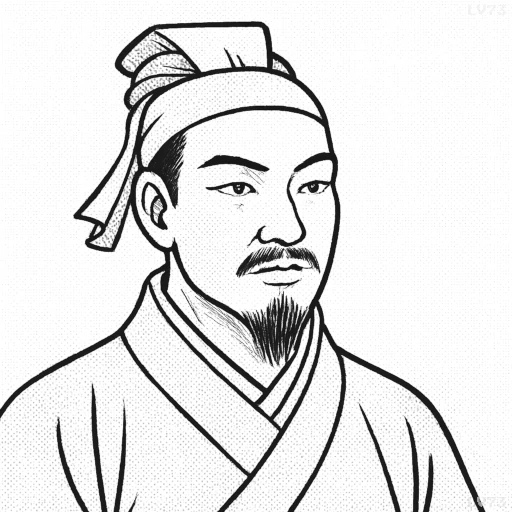“Pretend inferiority and encourage his arrogance.”

- 544 BC-496 BC
- Born in China
- Military strategist, military strategist
table of contents
Quote
“Pretend inferiority and encourage his arrogance.”
Explanation
In this quote, Sun Tzu advocates for a deceptive strategy where one pretends to be weaker or less capable than they actually are in order to provoke the arrogance or overconfidence of the enemy. By portraying oneself as inferior, a commander can lure the opponent into a false sense of security, making them less cautious and more prone to errors. Once the enemy becomes arrogant and overextends themselves, they become vulnerable to a sudden, unexpected attack. This tactic leverages the enemy’s own pride and misjudgment, turning their perceived superiority into a weakness. The key is to create an illusion of weakness while maintaining actual strength, ensuring that when the time comes, the attacker can strike decisively and exploit the enemy’s overconfidence.
This principle is still relevant in modern military strategy, business, and negotiations. In military tactics, a force might feign weakness or retreat to encourage the enemy to pursue them, only to lead them into a trap. For example, during World War II, the Allies often used deceptive tactics, such as fake radio transmissions and dummy tanks, to mislead the Axis powers about the strength or movements of their forces. In business, companies may downplay their capabilities or resources to avoid attracting attention, allowing competitors to make strategic miscalculations. Apple, for instance, historically avoided publicizing its new product developments, leading competitors to underestimate its future potential. Similarly, in negotiations, one might downplay their interests to encourage the other party to overreach, only to reveal their true position when it is most advantageous.
Historically, this tactic has been used effectively by military commanders like Hannibal and Napoleon Bonaparte. During the Battle of Cannae, Hannibal feigned weakness, luring the Roman forces into a false sense of superiority and drawing them into a trap where his forces decisively encircled and defeated them. Napoleon, known for his psychological manipulation of his enemies, would often use similar tactics, making his enemies believe he was weaker or outnumbered until the final moment, when he would reveal his strength. This strategy relies on the enemy’s arrogance and overconfidence, which can lead to costly mistakes. Whether in warfare, business, or personal dealings, pretending inferiority while secretly maintaining strength can be an effective way to manipulate the opponent’s perceptions and turn their arrogance into their downfall.
Would you like to share your impressions or related stories about this quote in the comments section?

